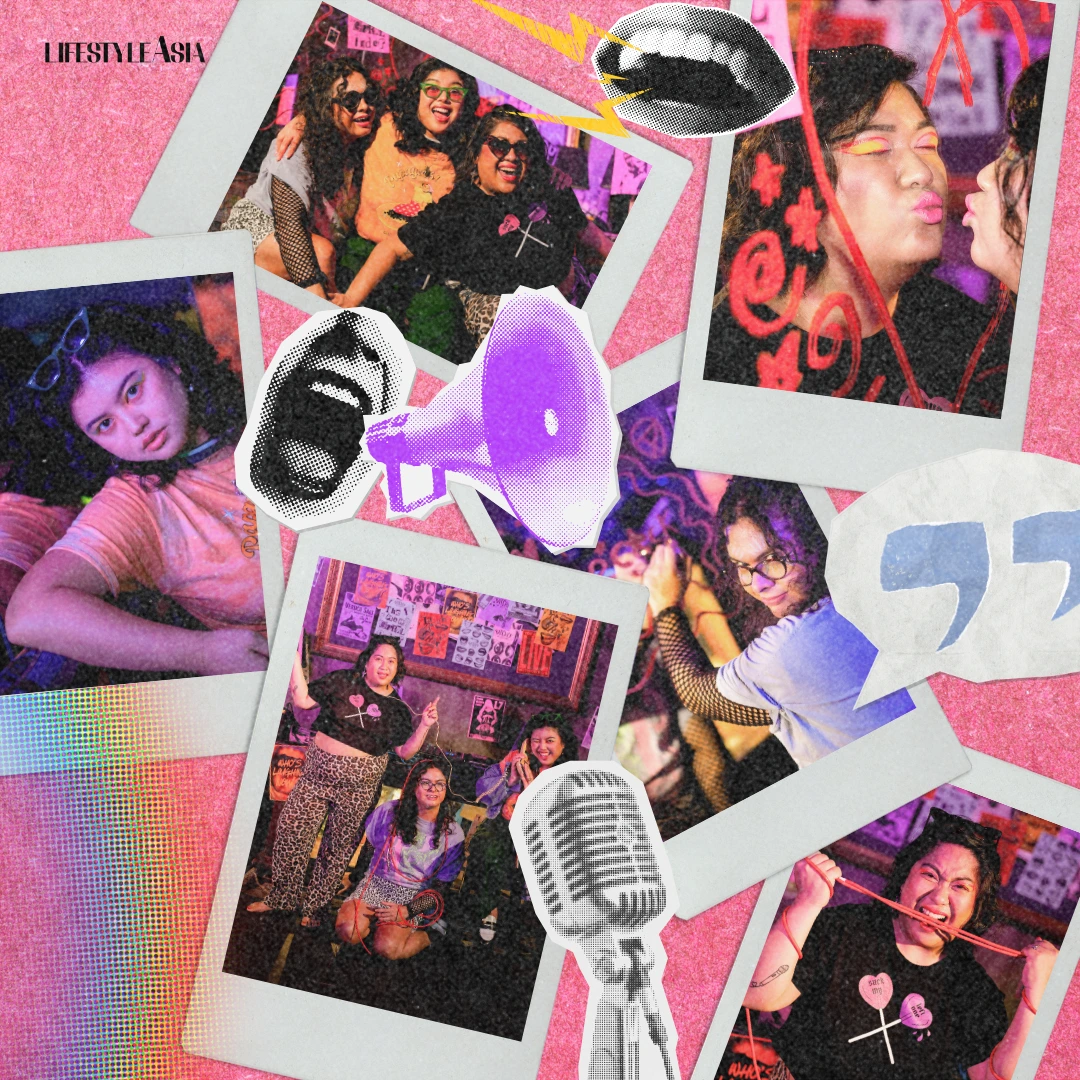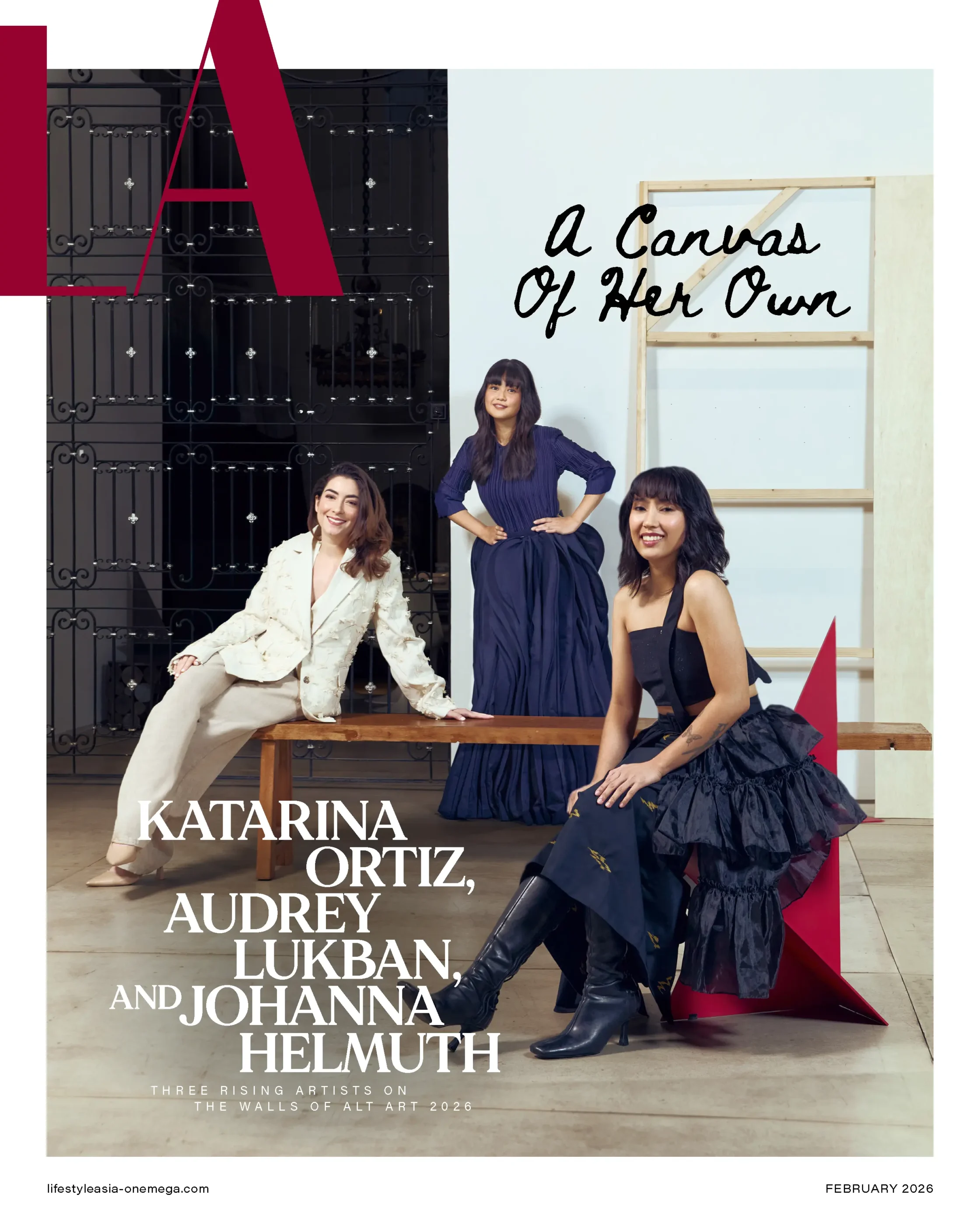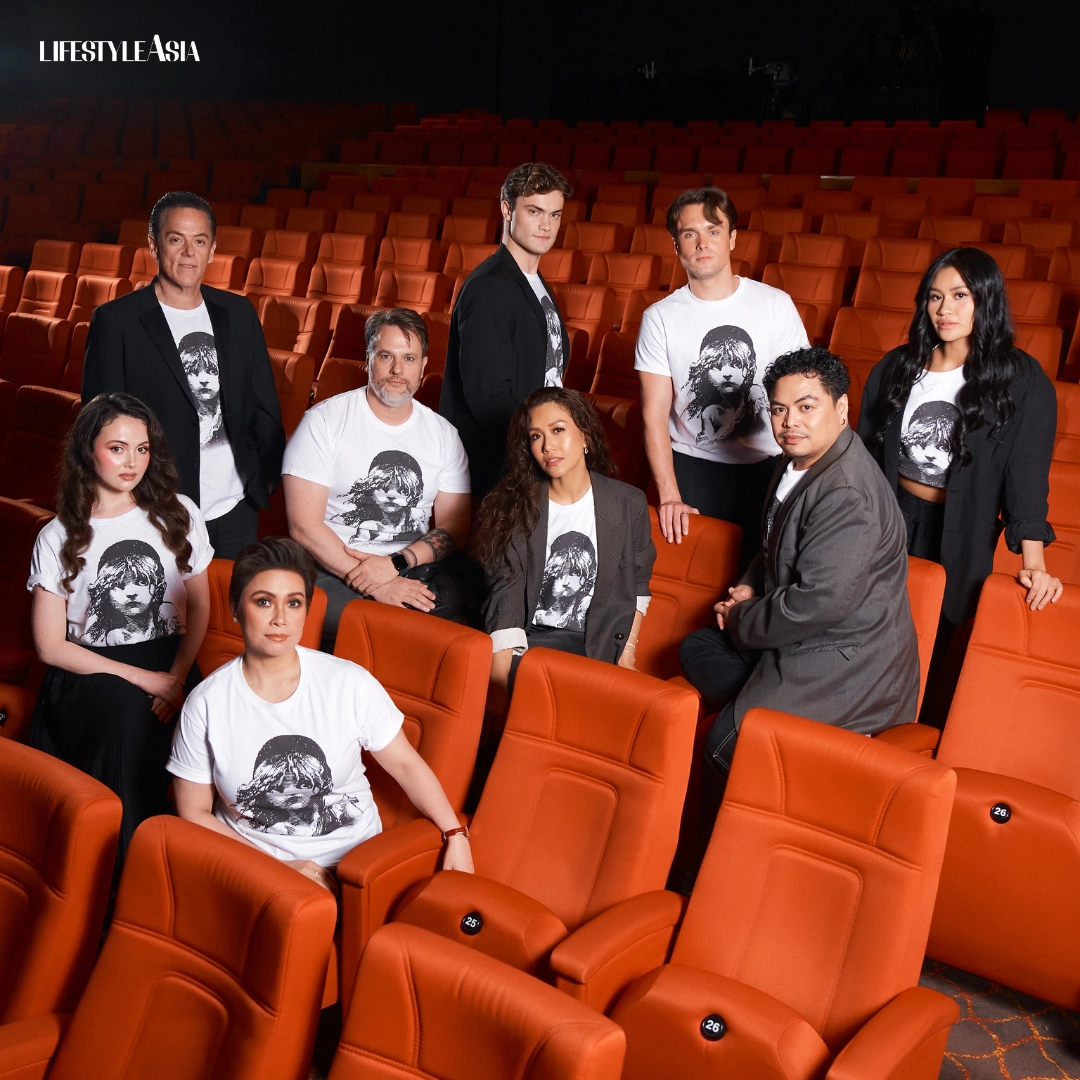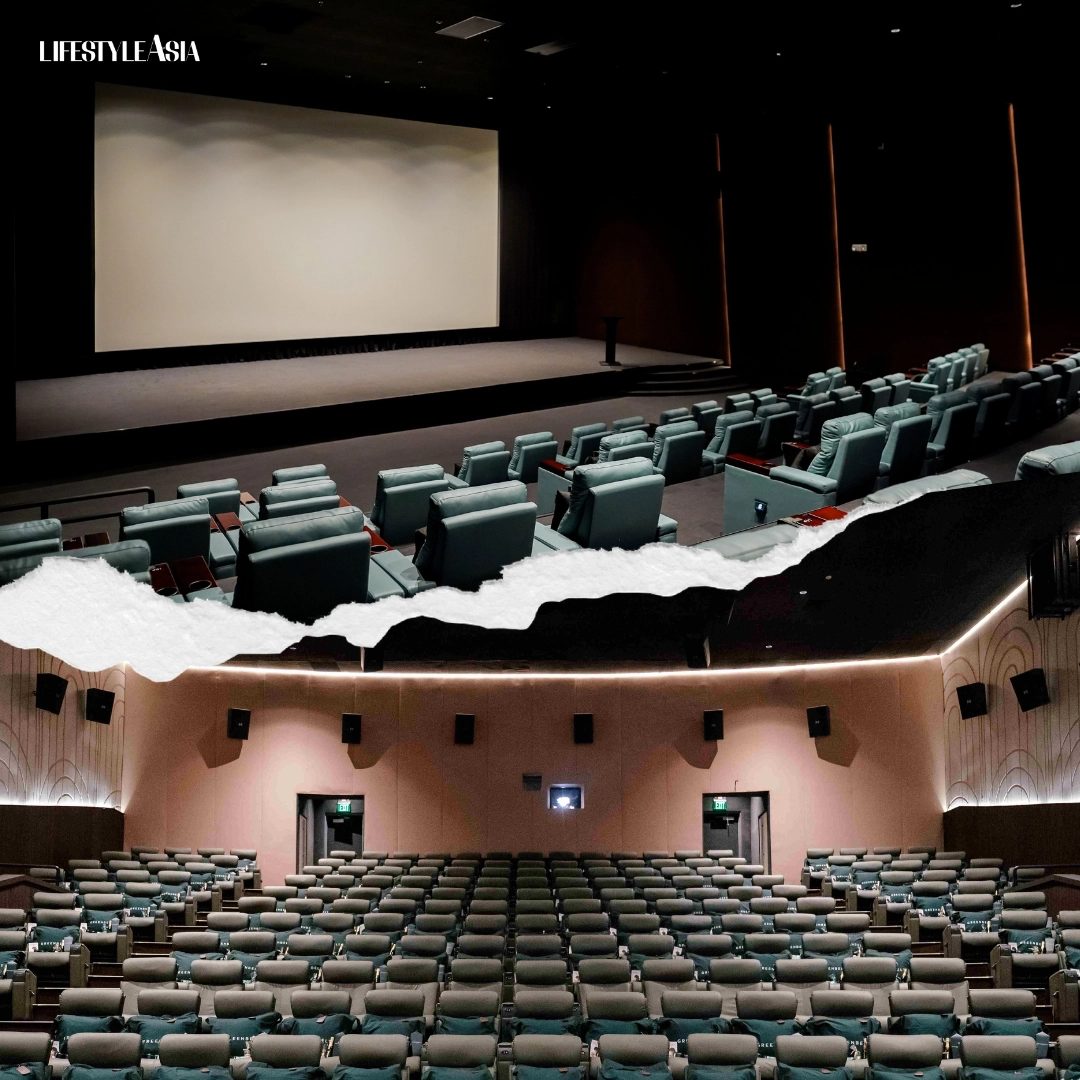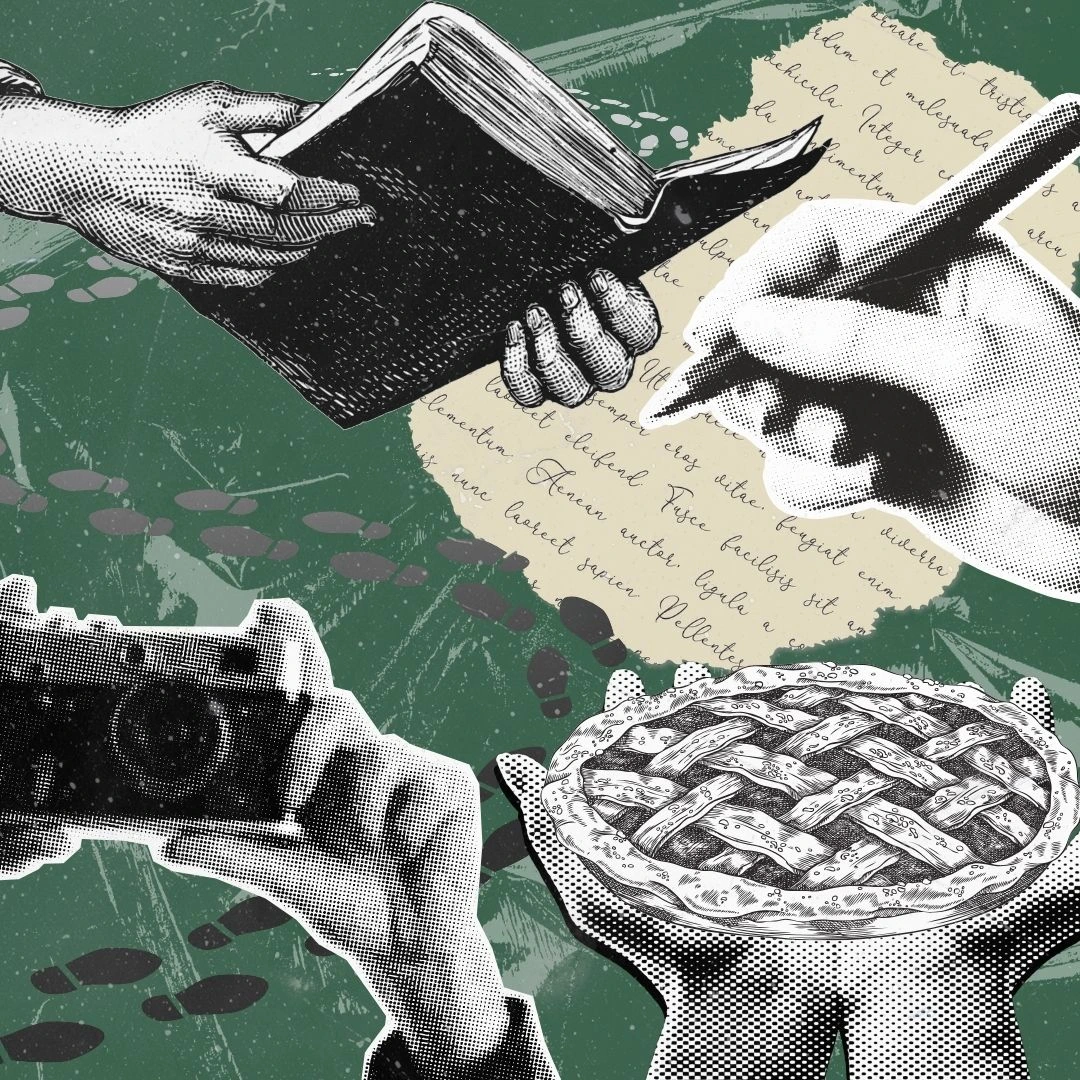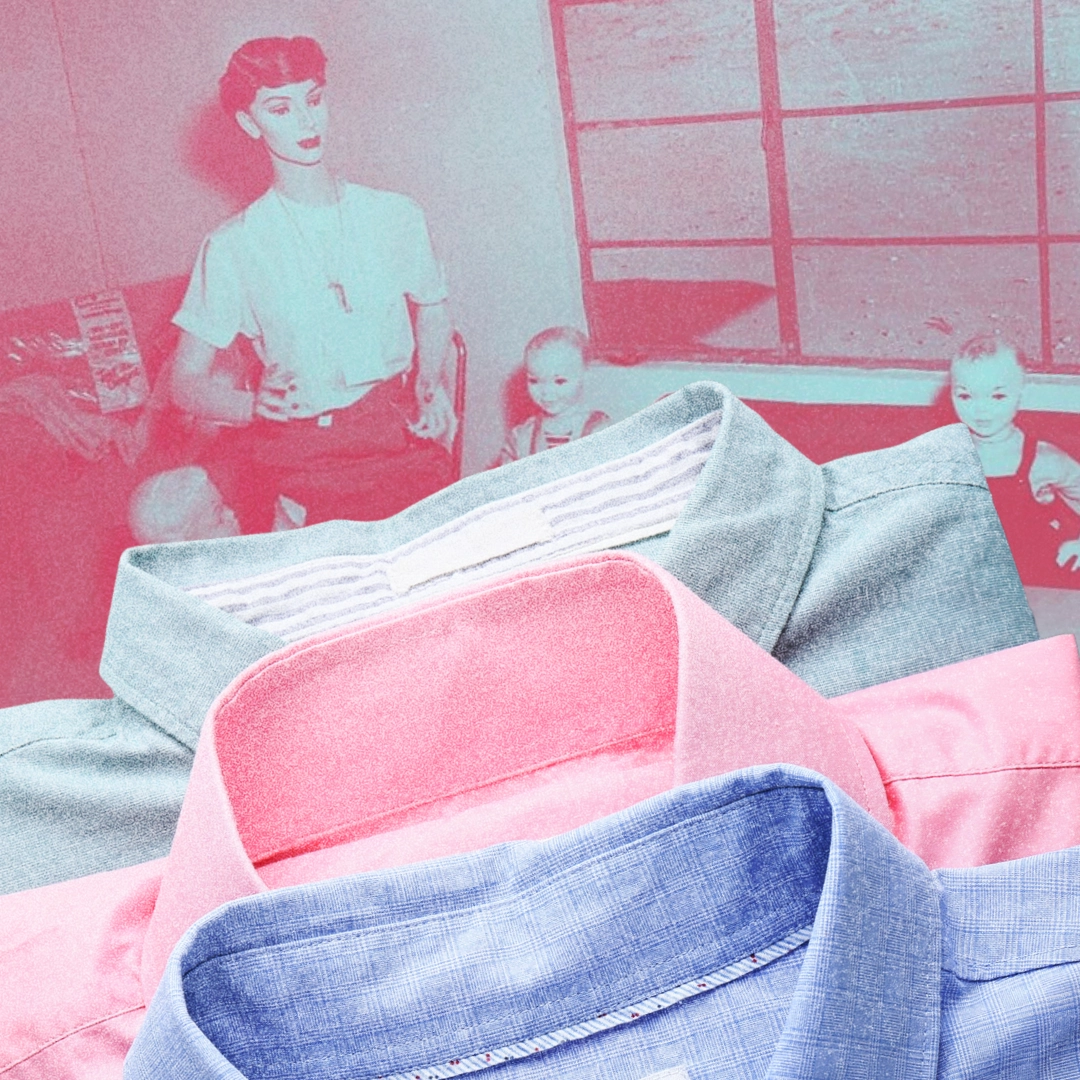“Bitches in Stitches” is a growing community of diverse voices that remind us about the potency of a good laugh and the unifying power of comedy.
Everyone needs a dose of humor in their lives—it’s the fuel that keeps us going, a reminder of the pleasures of being alive. That’s why stand-up comedy continues to have a place in pop culture. We know the image: one person performs a satirical monologue or series of jokes in front of a live audience, and if successful, they elicit peals of laughter from the crowd. More often than not, the collective image of a stand-up comedian is a straight and cisgendered man taking command of the mic. Dave Chapelle, Chris Rock, Kevin Hart, John Mulaney, Jo Koy—the list goes on, and while they’re undoubtedly big parts of the humor canon, they’re also representative of a glaring gap within the comedy scene, one that the group Bitches in Stitches hopes to help bridge.
READ ALSO: Even When You Come From Away, No Man Is An Island
The Beginnings Of Bitches In Stitches
Founded back in 2021, Bitches in Stitches is an all-female stand-up comedy troupe that began as an experiment of sorts, a small passion project of founder Fran Ayala-Rock, who’d been living and working in Hong Kong for 13 years as a marketing and communications professional.
“I got into comedy as a hobby, I didn’t have any aspirations to get paid for telling jokes on stage—until I did. There’s really no feeling like when you get to make a whole room of people laugh,” she tells Lifestyle Asia. “But as I was looking for more paid gigs in Hong Kong, I saw that there just really weren’t that many opportunities for female comedians. There were maybe around eight of us who would regularly perform in the local stand-up circuit. If we wanted to get booked in a paid gig, it would have to be as the one woman in a line-up of six cis-het (cisgendered-heterosexual) men.”
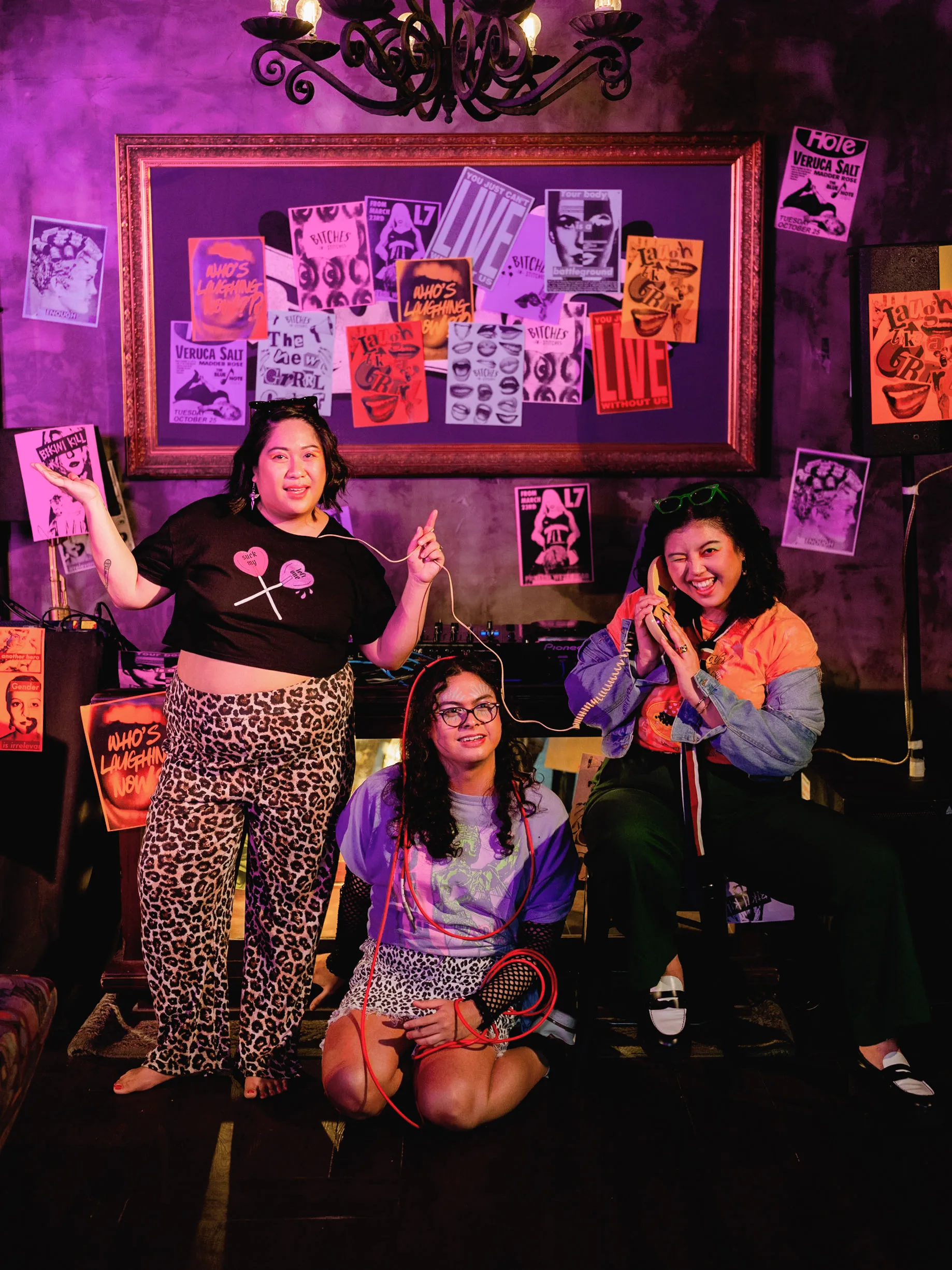
She continues: “That doesn’t necessarily create an environment where you don’t feel like you’re othered. It’s no one’s fault that there were only eight of us available, but the fact that the opportunities were constructed for us to compete to get that one spot, and kind of feel out of place, I just saw an opportunity to create the kind of environment that celebrated your identity and was a safe space to show up as yourself.”
One thing led to another, and Fran found herself encouraging her fellow comedians—few as they were—to do an all-female show, even if she had never produced one before. For her, it was a chance to tell jokes and know that the audience would just get it—because they would naturally attract people seeking something fresh and relatable. The group found the venue Bobby’s Rabble, its management agreeing that perhaps something different was in order amid a sea of male performers, something that would expose them to a new network of possible patrons.
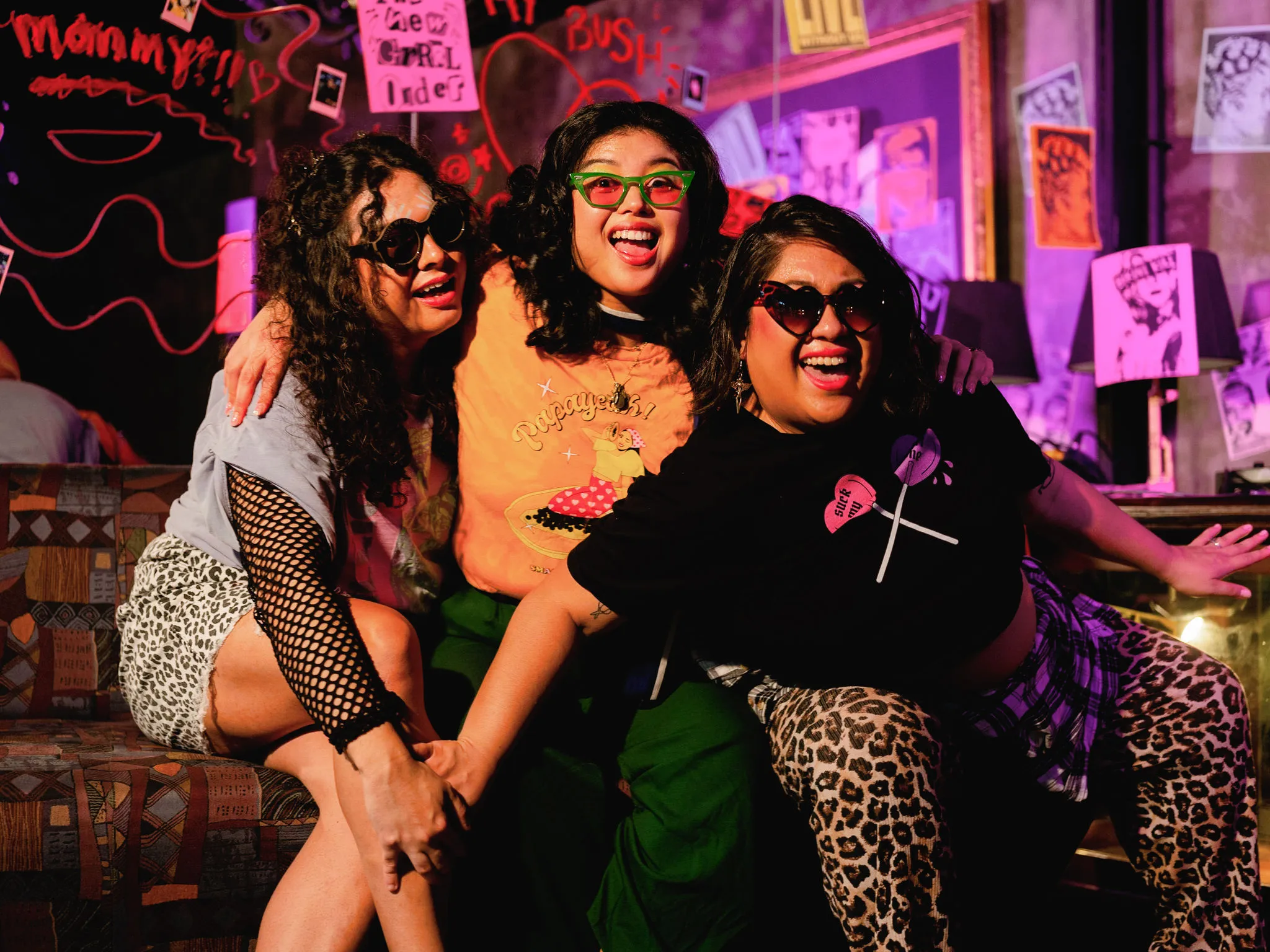
“We sold out in six hours,” Fran shares. “We did the show, it was a packed, raucous, hilarious evening—so the venue asked us to come back the next month, then they asked us to come back again.” The next thing they knew, the group had a monthly residency at Bobby’s Rabble.
Building A Comedy Community
“Somewhere along the way of being asked to come back and perform again, I realized there’s a demand for more inclusive comedy, for comedy that represents a more diverse spectrum of what it means to be a comedian and who can be on stage,” Fran says. “And it just makes comedy more accessible to people who might not normally go to a show with an all-male lineup, who don’t want to sit in front or are afraid they’re going to get picked on, or that their identity is going to become a punchline.”
Fran never intended for the group to go global, but its growth is a testament to how essential its ethos is. Many of Bitches in Stitches’s regular performers in Hong Kong were once a part of the audience, emboldened to try out stand-up comedy themselves and find their footing within a safe space. “They came to our workshops, and now they’re headlining shows with us. And this is what I wanted to replicate here in Manila when I started Bitches in Stitches here in 2024,” she states.
Joining Fran at the helm of the group’s Manila chapter are fellow comedians Veronica Litton and Cristina Sebastian, both of whom she met at the open mic circuit. The three have also started conducting online comedy writing workshops to help the community hone their craft. The workshop has seen participants from the Philippines and beyond, including those from South Korea, South Africa, and the United Kingdom.
Laughter Is The Best Point Of Connection
“I once saw a quote, ‘Laughter is the shortest distance between two strangers,’ and I firmly believe in that,” Fran expresses. Having grown up watching comedians like Jim Carrey and Robin Williams light up the stage and screen, Fran has always felt drawn to the genre’s ability of not only providing levity, but also being a point of connection.
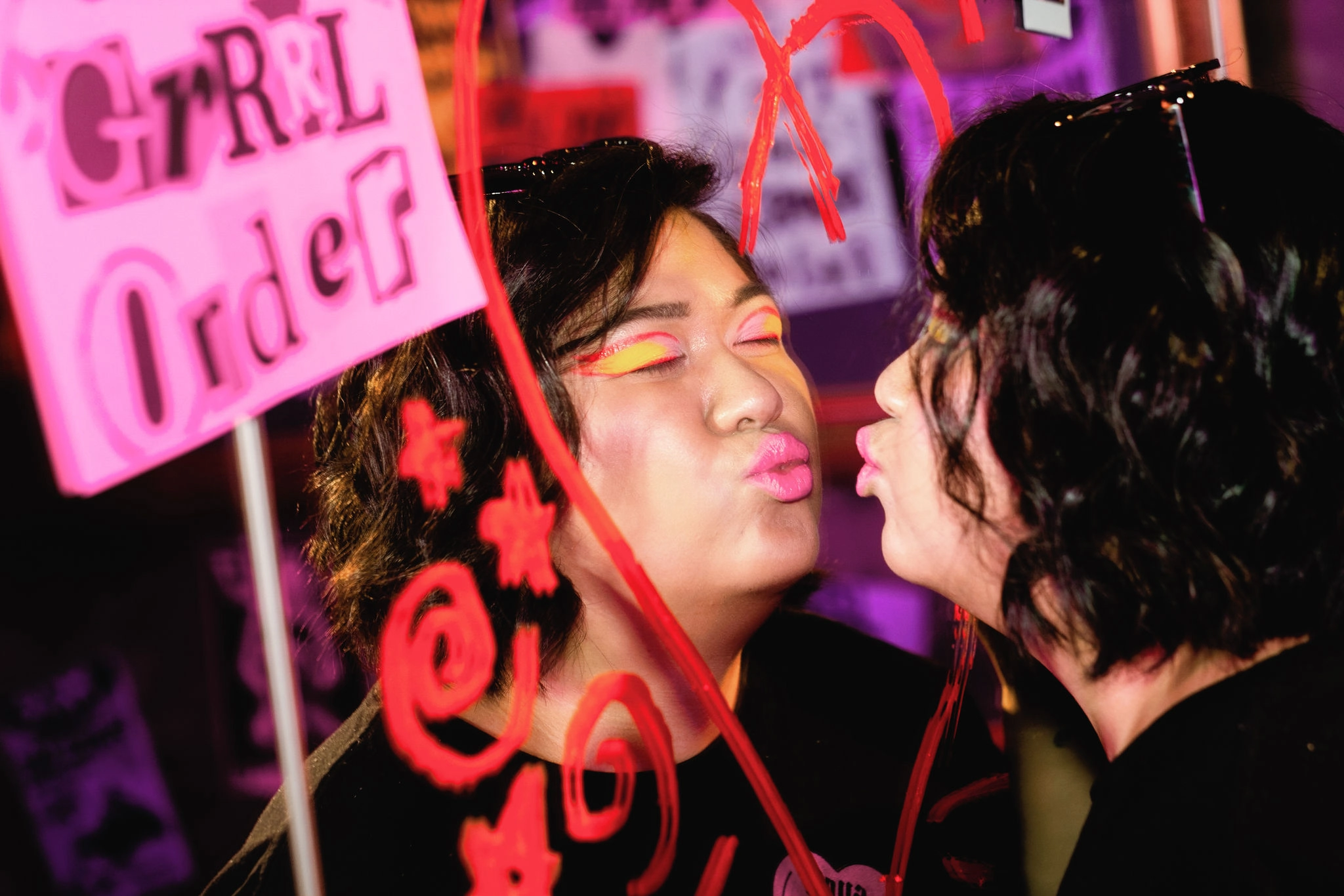
“Different people are going through different things, you don’t know how their day went, you don’t know what’s on their mind or what they want to get out of coming to a performance,” she shares. “But to dial into their emotions and conduct this energy, create moments of shared laughter that makes people more connected—there’s no feeling like that in the world.”
Getting an entire room of people to laugh is no easy feat though—while laughter is an almost primal instinct that everyone taps into, humor in itself is subjective. To stand up on stage and deliver a comedy performance that hits all the right marks takes a lot of work: in Fran’s case, years of studying humor theory. “One thing I love hearing is when people tell me I’m a natural—because comedy is the most unnatural thing ever,” Fran laughs. “There’s a lot of practice, technique, and effort that goes into appearing natural. It’s not a natural way of communicating; it’s a one-sided conversation that, nevertheless, is governed by the reactions of the people whose voices you can’t really hear participating in the conversation.”
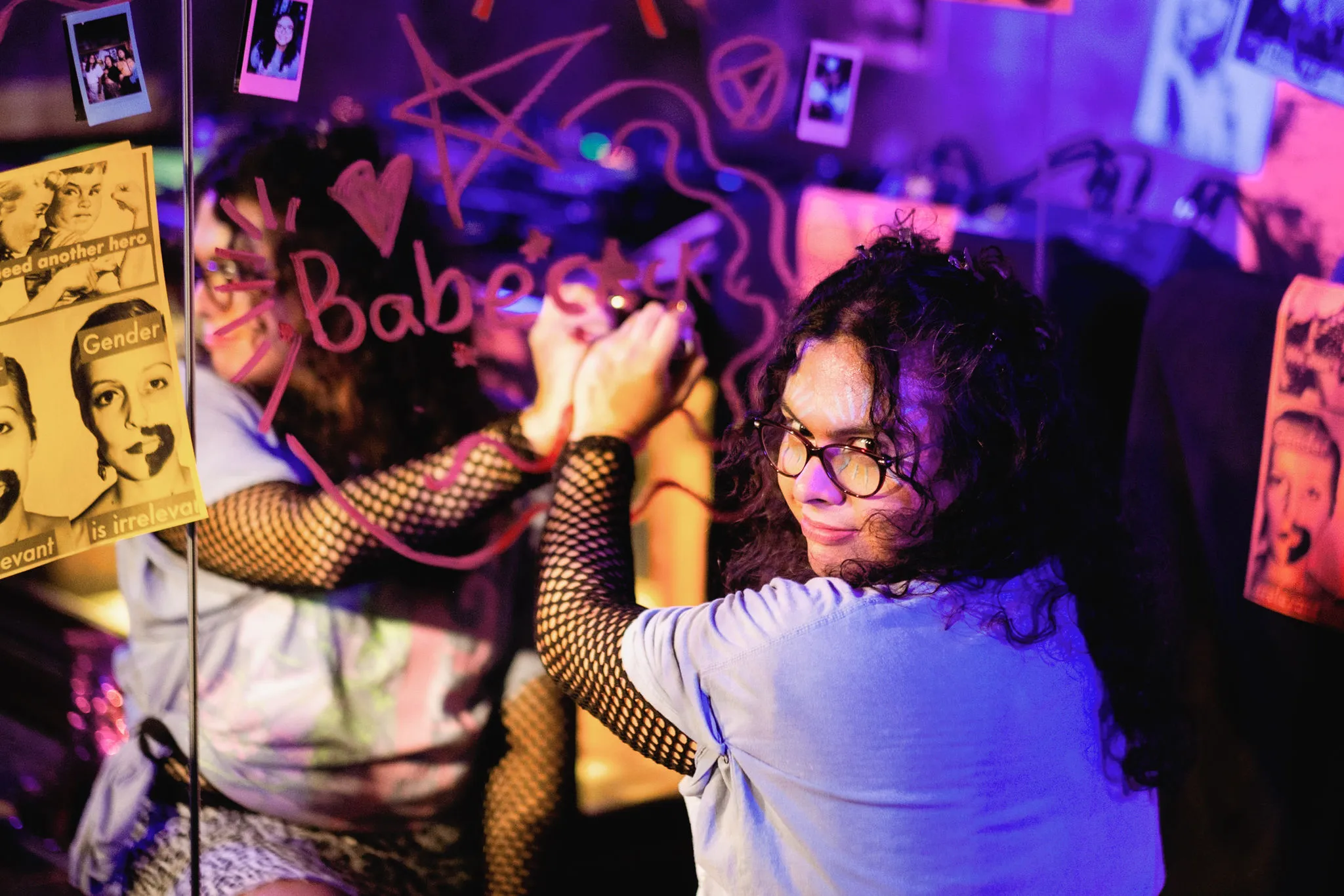
It’s why writers, filmmakers, and other creatives understand that comedy—alongside horror—is a pretty difficult genre to “get right.” People don’t find the same things funny or scary, and both genres rely on incongruency, which requires plenty of set-up and effective subversion.
“You have the fundamental elements of a joke, one of which is your premise: it’s the situation, idea, or point of view that you’re imparting onto your audience in a way that makes them anticipate what you’re going to say next,” Fran explains. “Then the punchline is where you subvert that, completely going against what they expected. That kind of reversal of expectations makes them feel some sort of surprise, and they release it in the form of laughter.”
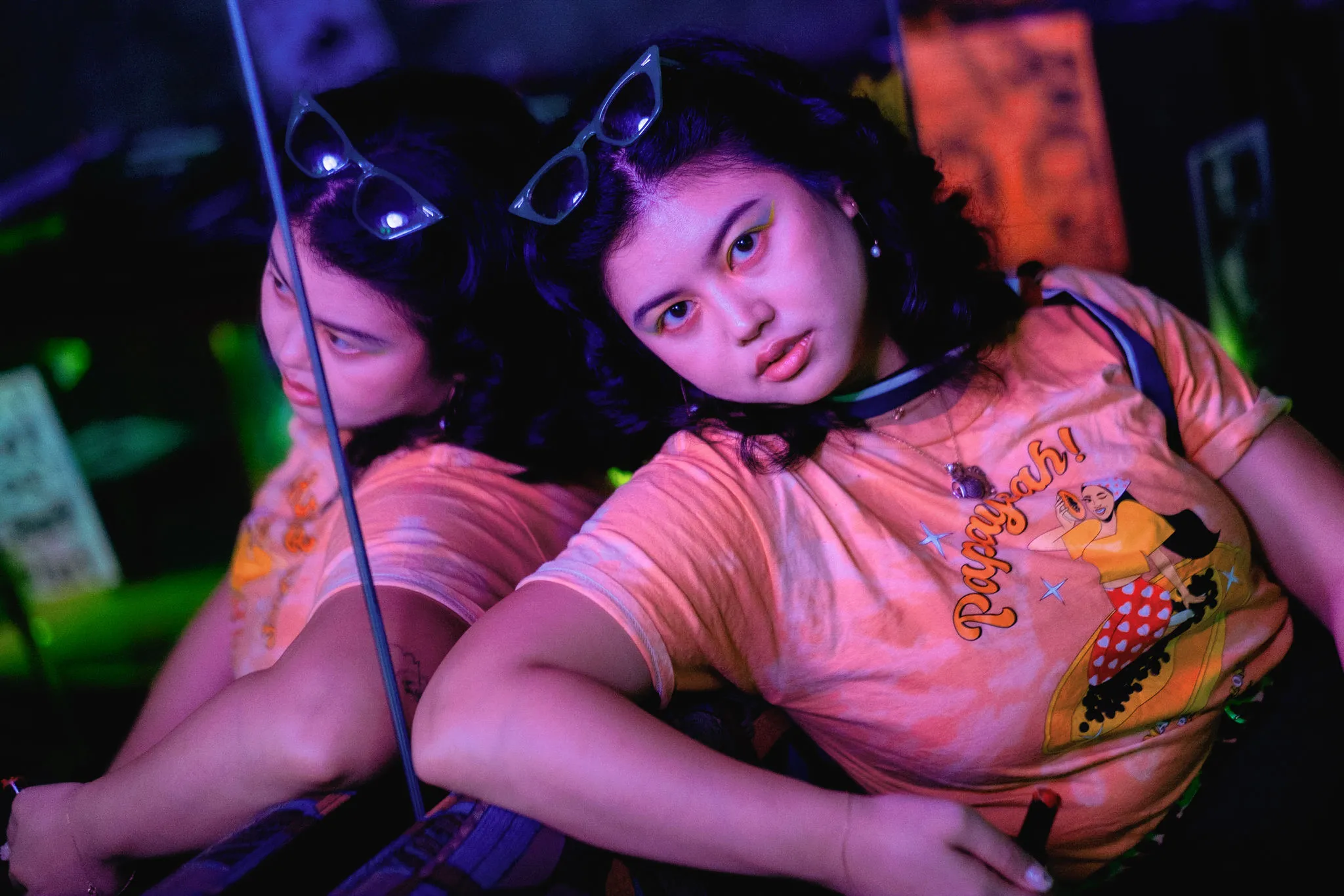
An Evening With Bitches In Stitches
Fran kindly invited us to watch one of the group’s most recent shows, a prom-themed evening in collaboration with Burlesque PH to celebrate Pride Month. The event took place in the Makati-based speakeasy Sari-Sari—and true enough, it was a full house that evening.
The show was Fran’s last one in Manila, as she’ll be moving to the UK to help set up the group’s next chapter, but it ended with a bang—almost everyone in the crowd had a smile on their face. Bitches in Stitches will, however, continue to spread some joy as Litton and Sebastian run the Manila chapter.
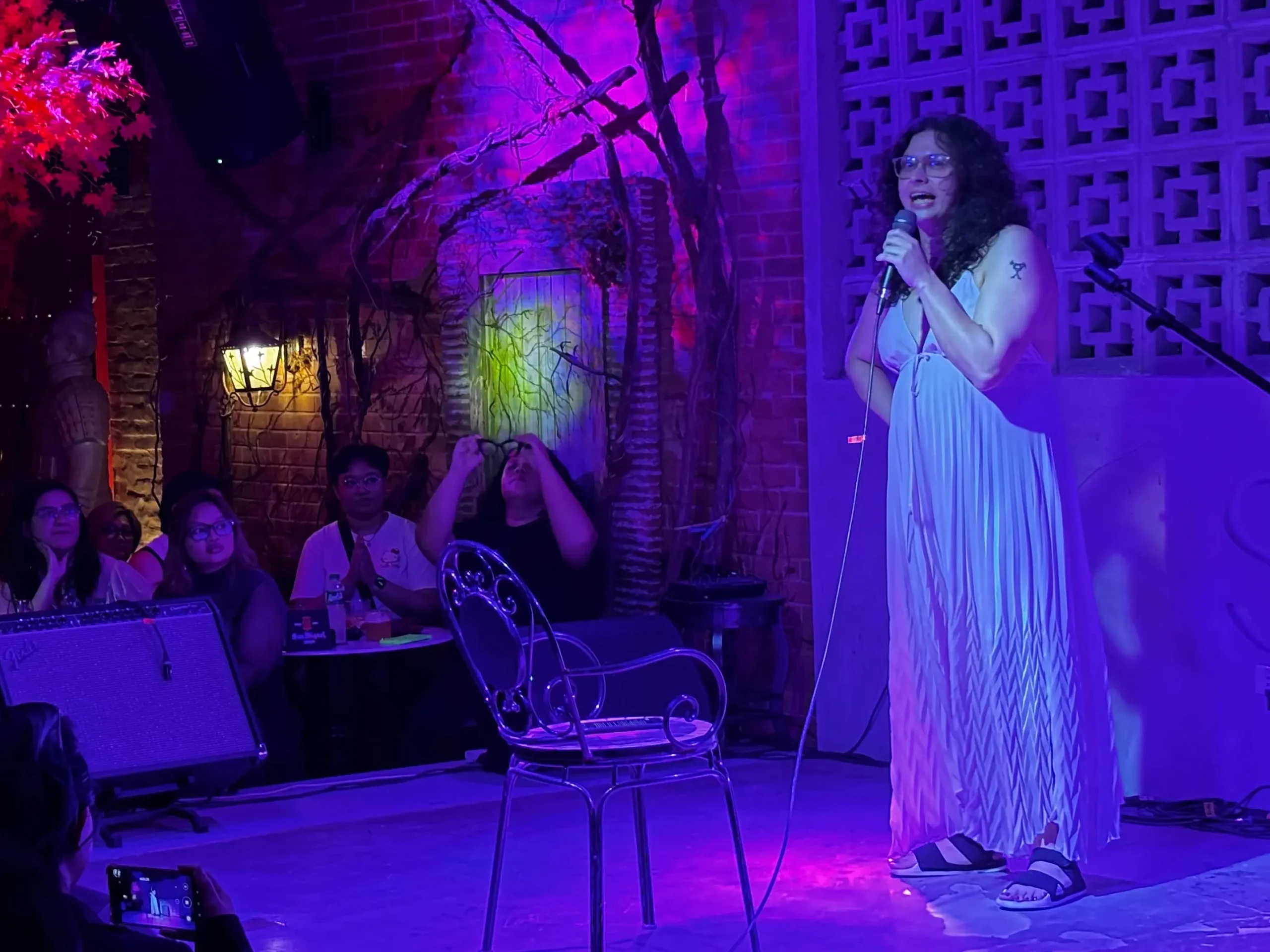
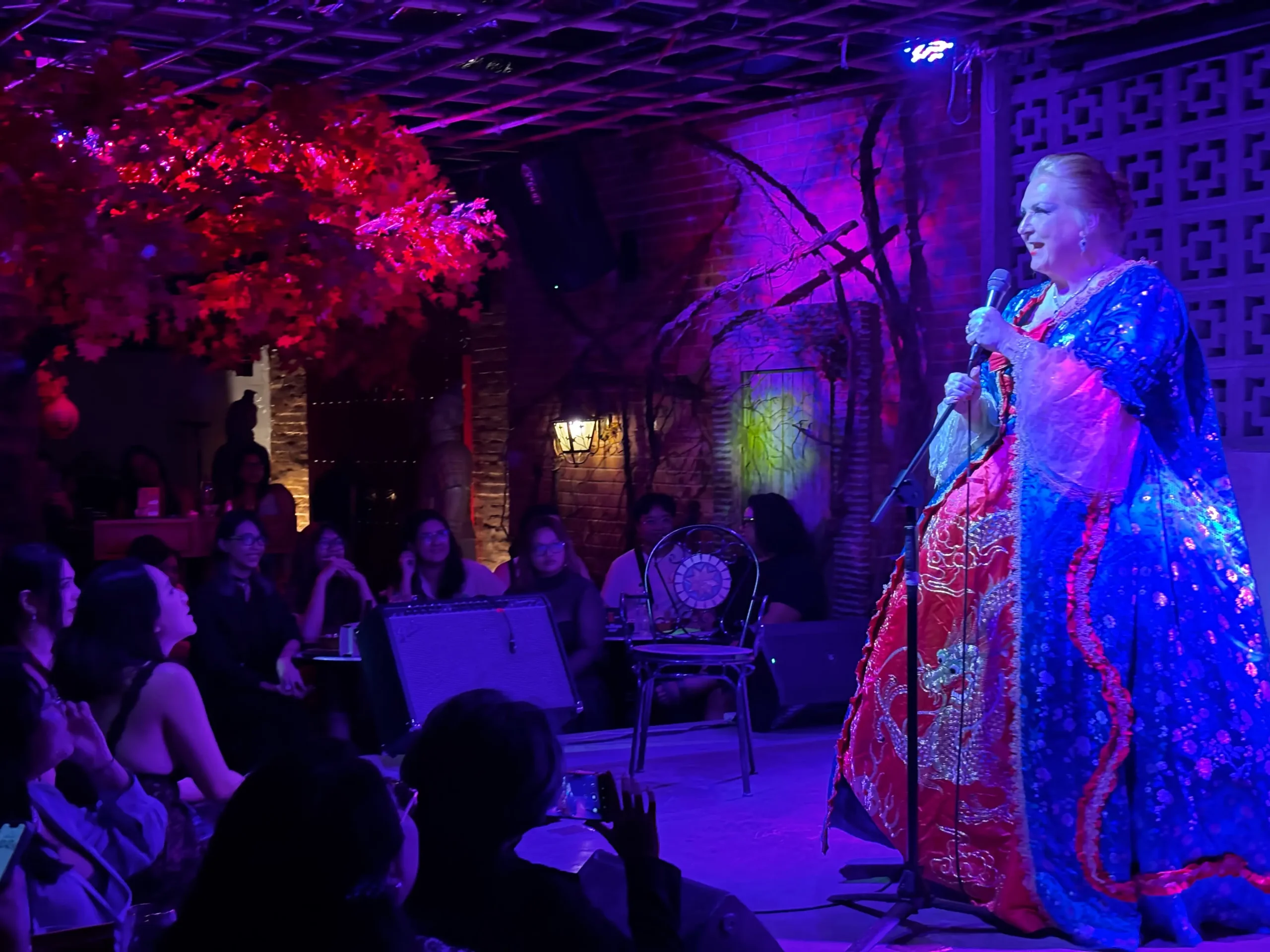
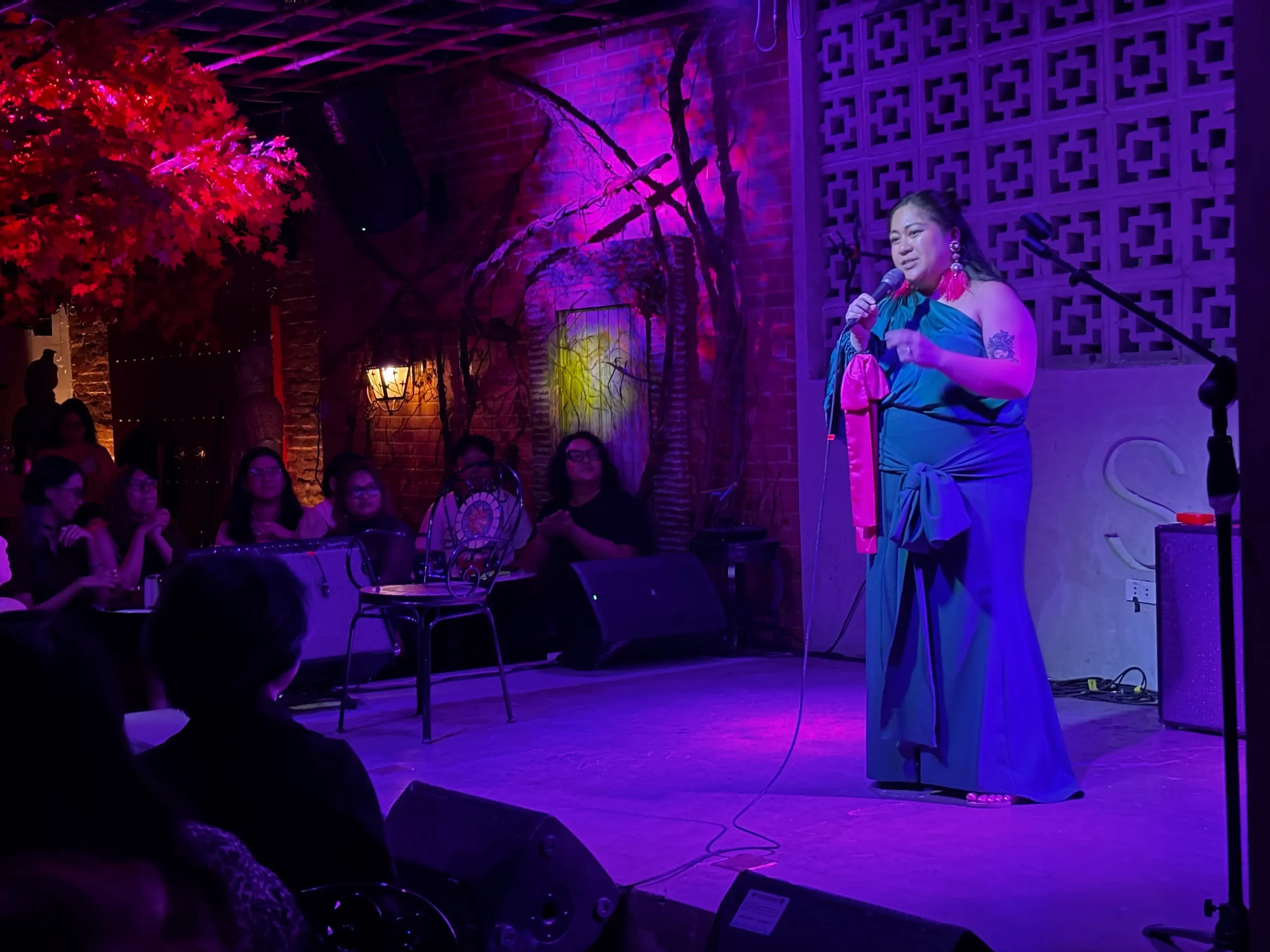
“What Bitches in Stitches is most focused on is growing the comedy scene in two ways. To get more femme comedians performing on stage, and to attract a more diverse audience for our comedy shows,” Fran shares. Commerciality is also important to the group, because they want to ensure their performers are paid fairly.
Women and members of the queer community across generations attended the show, their laughter and joyful cheers filling the space throughout the evening. The event featured a series of stand-up comedy performances from Fran, co-producer Litton, and one of the first Bitches in Stitches members, Rose Rage. Their monologues were unabashedly candid and playfully explicit, poking fun at modern dating culture while speaking truths about queerness. There was something refreshing about having a roster of bisexual and transgender comedians share anecdotes about their lives, especially considering the kind of erasure and misconceptions that surround the identities even within the LGBT+ community.
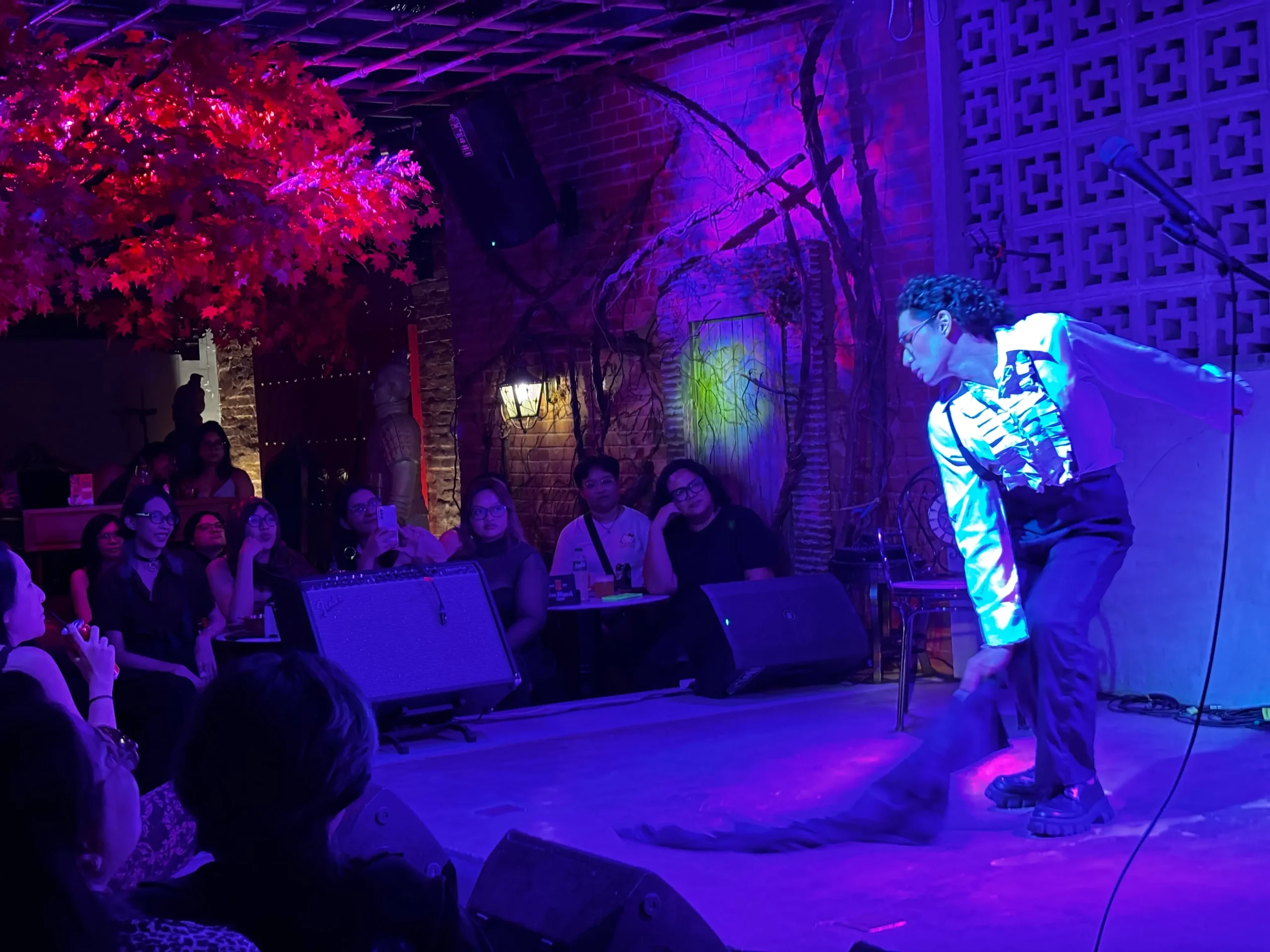
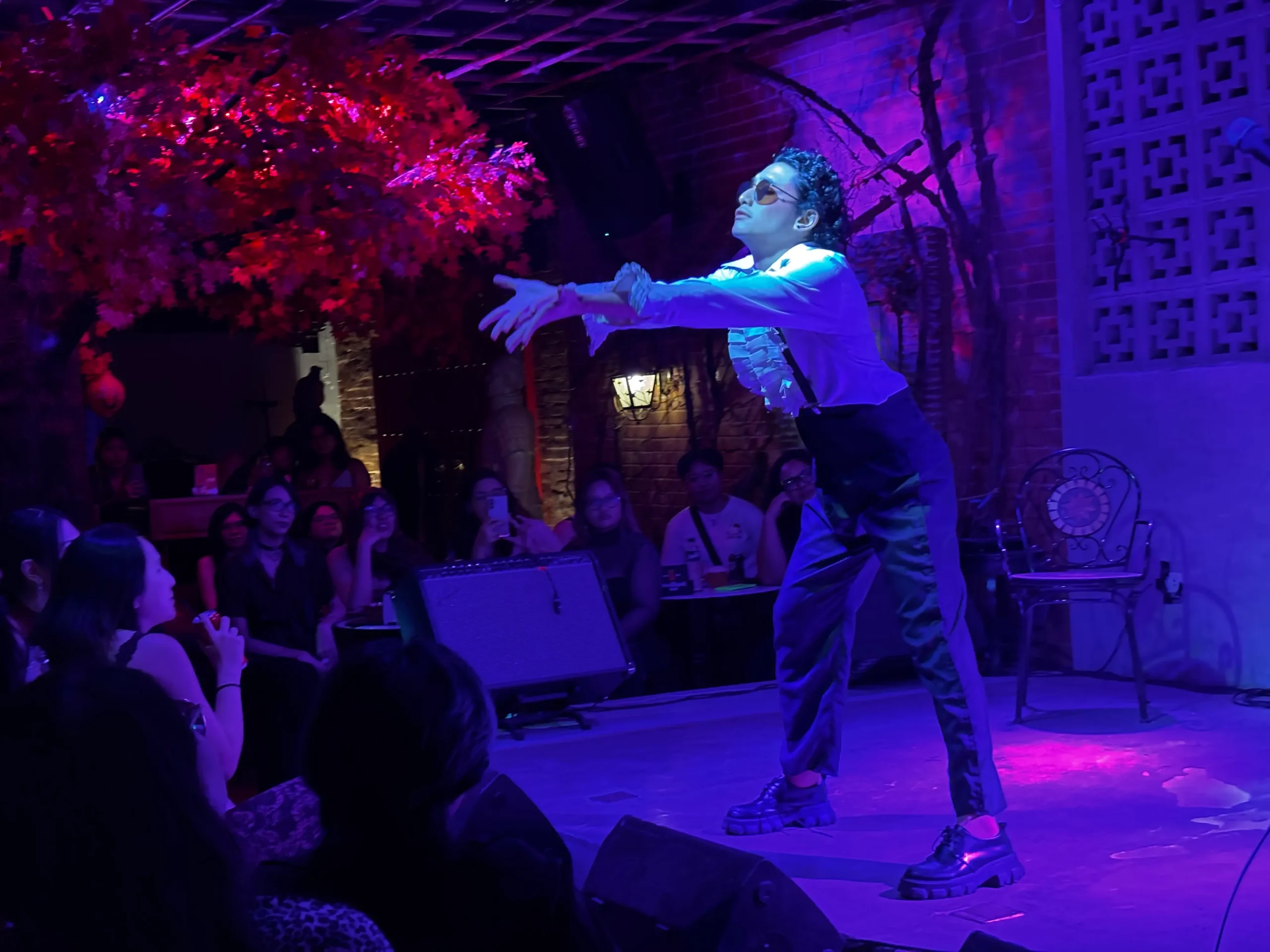
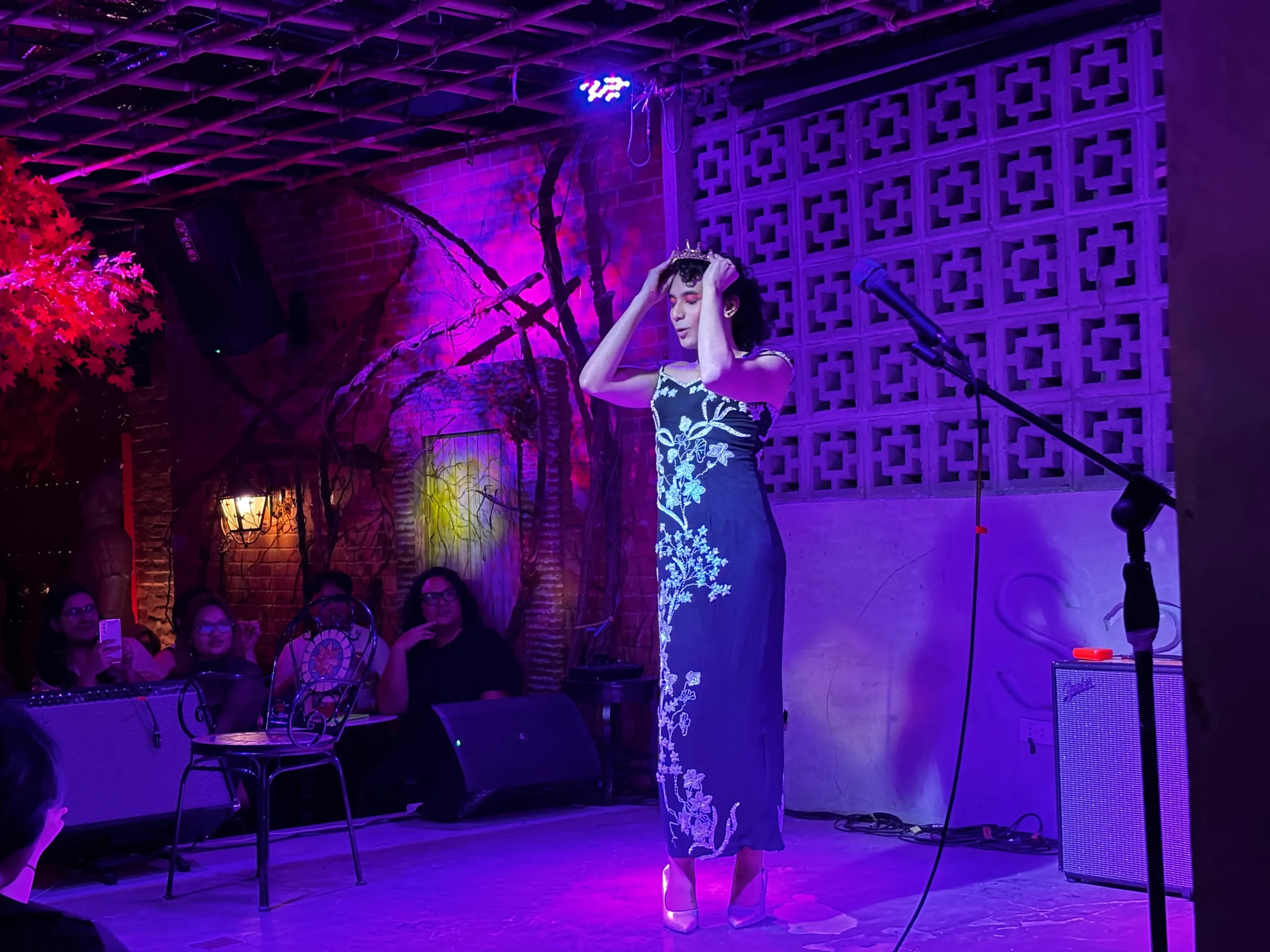
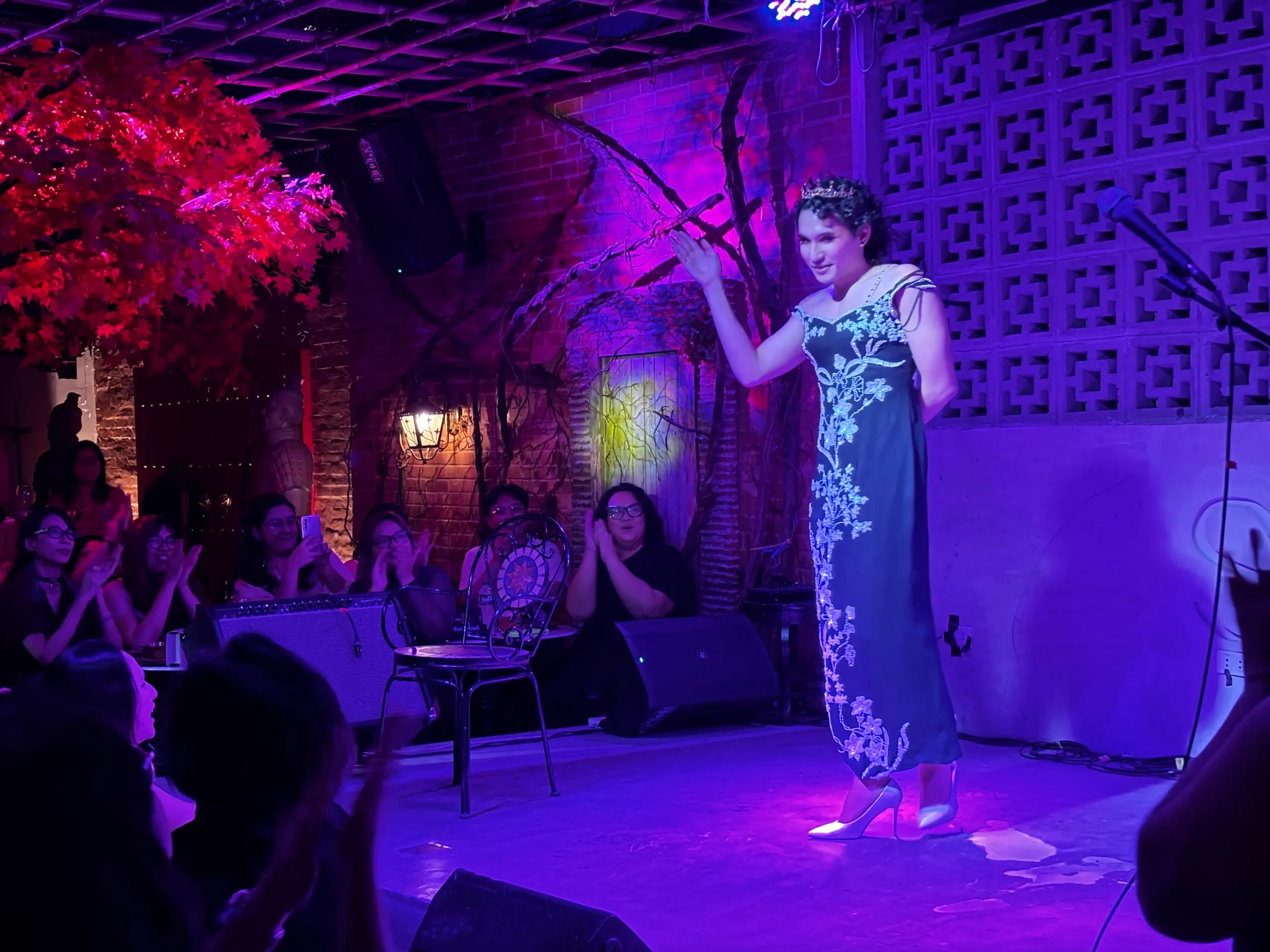
Yes, their performances elicited laughs from audience members (myself included), but there were also moments of thoughtful reflection—sexuality not as a punchline, but as an experience that the lens of humor can examine in a richly nuanced way.
One of the things the evening showed me was comedy’s crucial, multi-faceted role in today’s world. In some way, it’s a salve to let your worries melt away, but it’s also a medium that broaches complex and relevant topics regular conversation can’t. Fran says it best: “I think the reason why comedy is such a compelling and celebrated art form is because it’s rooted in unspoken human truth. I don’t think people would laugh at a joke if they didn’t relate to the emotion at the root of it.”
For more updates on Bitches in Stitches, including upcoming shows, follow the group’s official Instagram @bitchesinstitchesmnl.
Photos courtesy of Bitches in Stitches Manila (unless specified).
